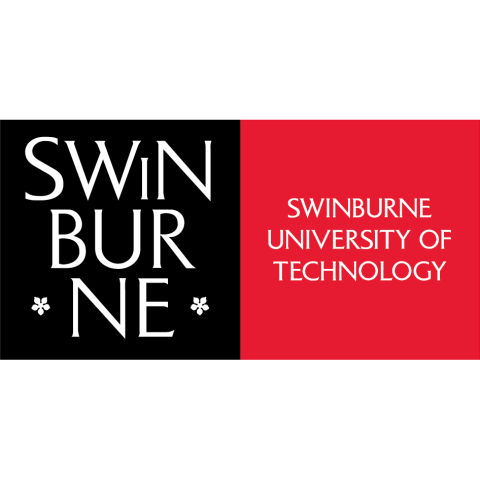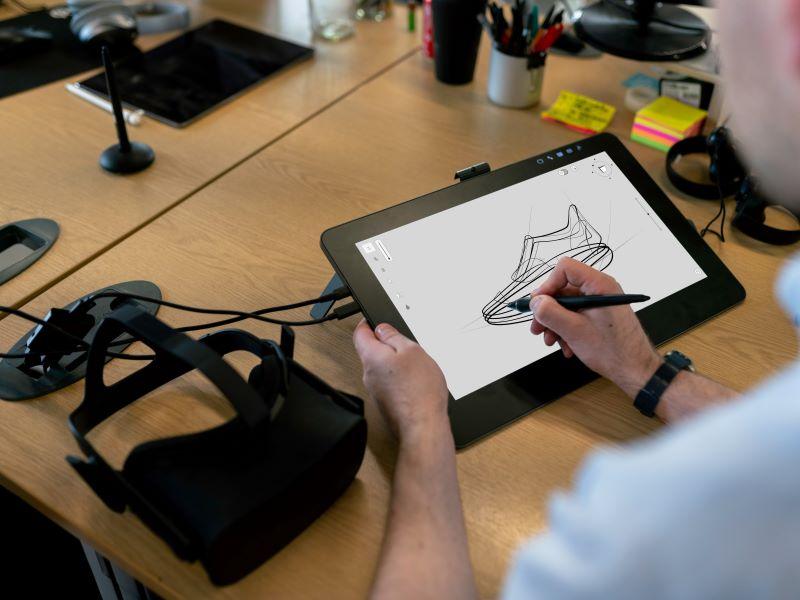
It’s time for the sector to embrace online work placements
You may also like
Work placements have long been crucial for students in terms of their employability. They influence students’ choices, and employers highly value such workplace experience. Furthermore, assessed placements are a statutory requirement for professional bodies, and universities prioritise and invest in them. They are well established as a necessary step in professional development, and many of us learned ourselves as professionals this way.
From nurses, physios and paramedics to engineers, therapists and teachers, it can be crucial for young people to “explore the uniform” and find out what it means to work in these sectors. The value of going to a place to absorb knowledge and be inspired by those who have gone before cannot be overstated. Plus, learning through immersion and osmosis can certainly help satisfy the placement outcome requirements.
But who can go to such a place right now? Covid-19 has shaken practice placement capacity and capability to the core; the pandemic has throttled regular placement opportunities while simultaneously demanding more qualified professionals to cope with the service provision. It truly has been a perfect storm.
A massive drop in availability ensued, with risks to students’ progress or degree completion continuing in 2021. In health education, for example, the placement burden is an ever-growing challenge with more students and suspended placements.
Placements cannot be accommodated in the way they used to be, and a significant backlog will hold off any return to “normal” for some time. So why not, as with much of our future educational provision, look for better and more sustainable opportunities?
I hardly dare mention it to the exhausted pivot-to-online generation, but there really are great e-placement opportunities. They fulfil the required learning outcomes, they add value, and they roll with the punches of future uncertainties. But, of course, I can hear the groans: not more Zoom!
Correct. Early in the pandemic, I collaborated with Lisa Taylor from the University of East Anglia. She had worked out how to create an alternative means of satisfying the occupational therapy professional body’s placement education standards for a group of her second-year students. It was a three-week full-time, entirely online experience, using the best professional and pedagogical evidence.
The e-placement successfully replicated many elements of a “standard” practice experience. Theories learned within the students’ academic environments were clearly deployed. Students engaged in information gathering from patients, assessment and treatment planning, with rationales and conclusions behind their decision-making.
Perhaps best of all, there was no expensive tech required – Dr Taylor simply deployed the university’s VLE. The assessed outcomes met the required standards, meaning the education was equivalent and the e-placement soon received endorsement from the professional body.
All except one student passed, and the rest – and here’s the magical part − acquired more skills than expected, including the all-important clinical reasoning and peer collaboration. It was also more accessible for some, such as overseas students and those with childcare commitments.
Together, we reshaped the e-placement and its evaluation experience into a model that staff could adopt and deliver for themselves. We now provide intensive digital workshops and customisable resources for placement provider teams from higher education and their practice settings. We discovered that staff confidence in providing an authentic and valuable online placement for students can be built through exposure to a model based on sound research.
The e-placement came to be known as PEEP (peer-enhanced e-placement), workshops on which are now offered to universities and health trusts via Education Alchemists, a small business where I’m also a consultant. The programme, initially delivered for free to allied health professions through a grant, has already taken a rather big slice out of the placements log jam. Our “what did you do during the pandemic?” focus has been around scaling and sharing this practical knowledge.
We have worked with more than 60 placement teams across the UK, spanning more than 15 professions. These include those considered very practical, technical and hands on, such as operating department practitioners, podiatrists, physiotherapists and diagnostic radiographers.
They have told us that the average number of students on their digital placement is 62, and the average length of their PEEP is 3.5 weeks. So, collaboratively and quickly, we have potentially “recovered” upwards of 13,000 placement weeks. We are completing an action research project to understand more about why adoption and adaption have been so acceptable, scalable, fast and achievable by so many.
All workplaces are transforming due to digitalisation. In my view, staff should be offered online approaches based on viable, agile principles and easily adaptable and reusable resources. They can replace, with confidence, one or more “location based” placements in 2021, providing new ways forward for uncertain futures and preparing staff and students for even more ambitious transformation and sustainability agendas.
Gilly Salmon is an adjunct professor at Swinburne University of Technology in Melbourne, Australia, and visiting professor at Edge Hill University and at the University of Derby, in the UK. She is also principal consultant at Education Alchemists in London.
The author and team benefited from funding from Health Education England’s (HEE) allied health professions Clinical Placement Expansion Programme (CPEP) to increase placements within the NHS, covering some of the work reported, including provision of the first tranche of “acquisition packages” mentioned in the article.
If you would like advice and insight from academics and university staff delivered direct to your inbox each week, sign up for the Campus newsletter.




